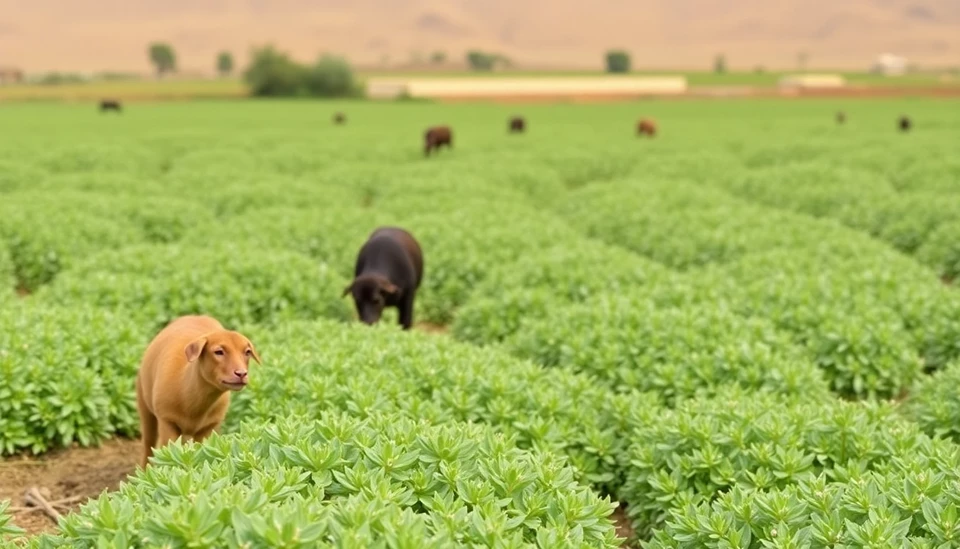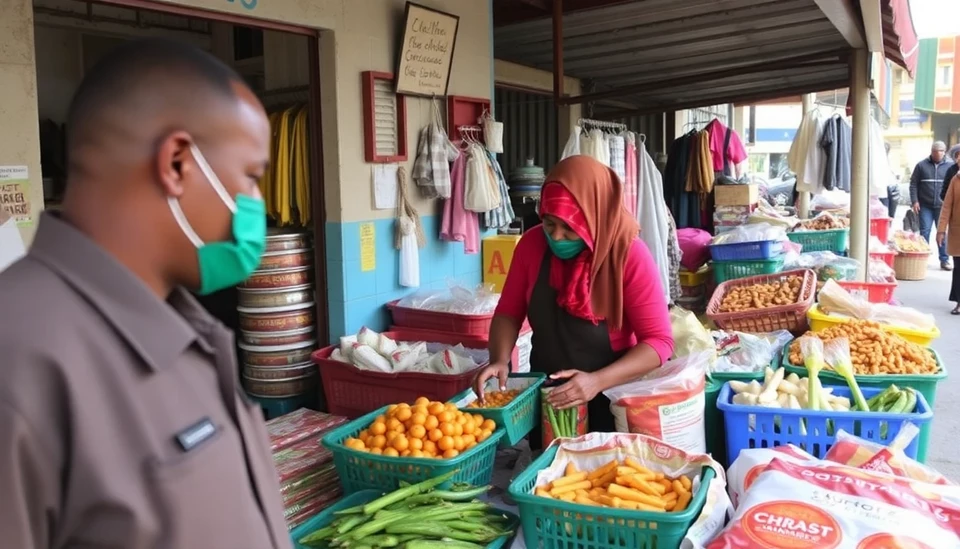
In a surprising twist after an extended period of decline, South Africa's inflation rate has ticked upwards, marking the first increase in nine months. This change, reported by Statistics South Africa, has raised concerns amongst economists and consumers alike about the implications for the economy as the nation grapples with various financial challenges.
The recent data indicates that the inflation rate edged up to 5.4% in November, compared to 5.0% the previous month. This slight increase has caught market analysts off guard, as many were anticipating stable or even declining rates due to perceived economic conditions and the monetary policy approach adopted over the prior year.
This unexpected rise is largely attributed to a significant increase in food prices, which are vital to the day-to-day expenses of South African households. Specifically, the prices for bread and cereals have notably surged, alongside other essential goods. As food constitutes a large portion of the consumer basket, these hikes play a crucial role in the overall inflation calculation.
Furthermore, while fuel prices showed some improvement earlier in the year, they too have begun to trend upwards again, contributing to the overall inflationary pressures that consumers face. The ebb and flow of global oil prices, coupled with domestic economic factors, continue to complicate South Africa's quest for economic stability.
Economists are closely monitoring these developments, as persistent inflation could eventually influence the South African Reserve Bank’s decisions regarding interest rates. The central bank has been in a tightening cycle aimed at controlling prices and stabilizing the economy; however, this recent uptick could prompt a reassessment of their policy stance.
Looking ahead, the South African economy is at a critical juncture. With already high levels of unemployment and significant pressure on consumer spending, this rise in inflation may exacerbate existing issues, making life tougher for many citizens who are already struggling financially. The ongoing challenges highlight the delicate balance that policymakers must maintain as they navigate the complexities of inflation and economic growth.
In summary, the recent rise in inflation serves as a reminder of the volatility that characterizes the South African economy. Keep an eye on how these trends develop in the coming months as both policy responses and global economic conditions will play a pivotal role in shaping future outcomes.
#SouthAfrica #Inflation #EconomicNews #FoodPrices #ReserveBank #ConsumerPrices #FinancialStability
Author: Rachel Greene




